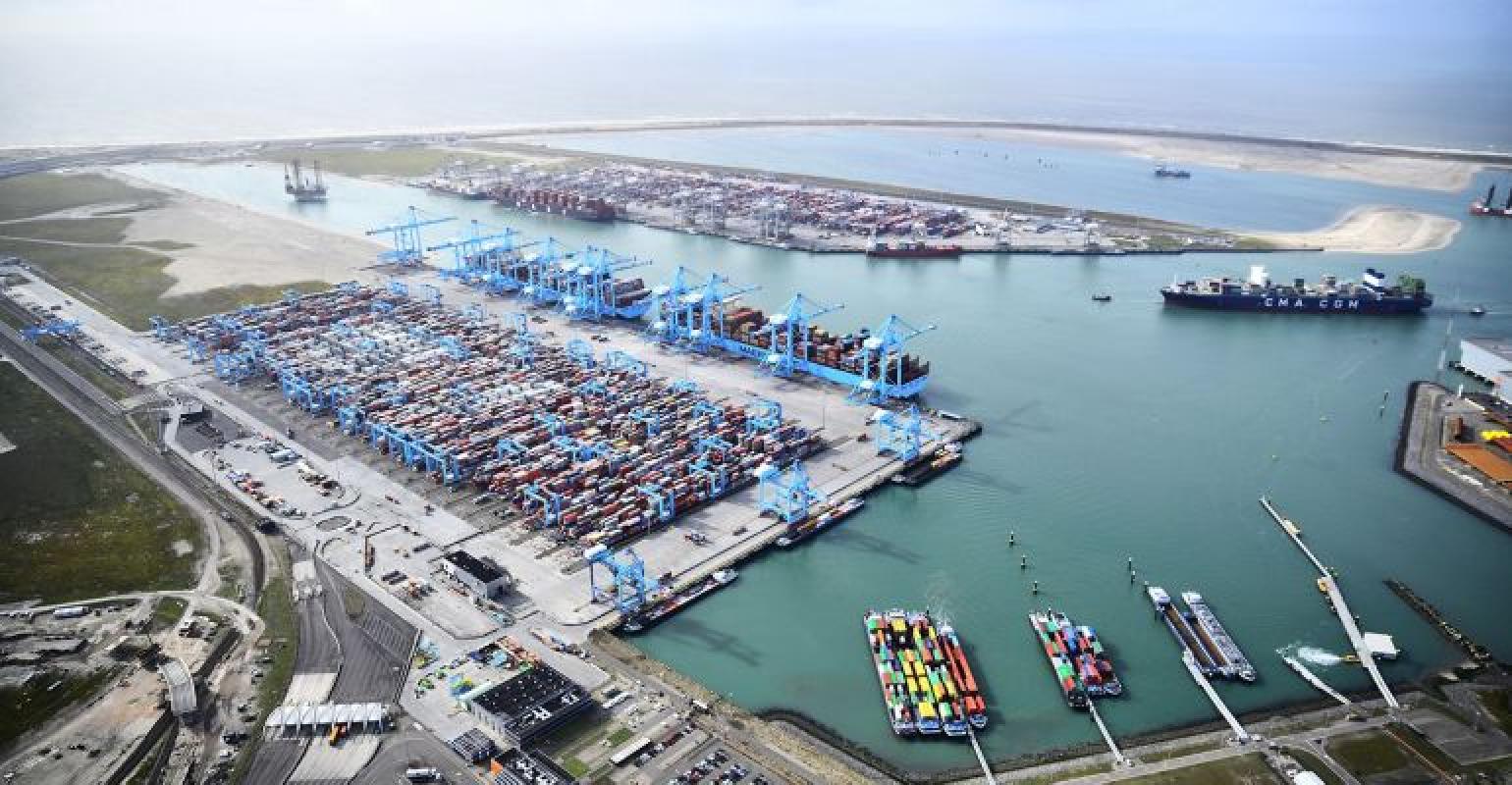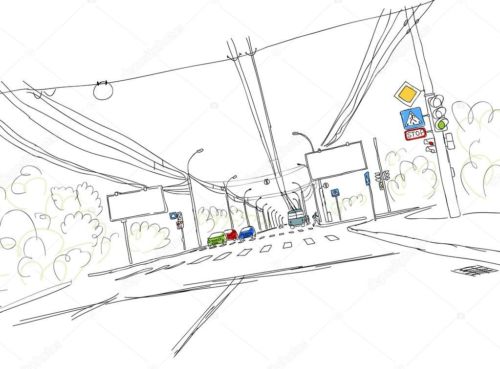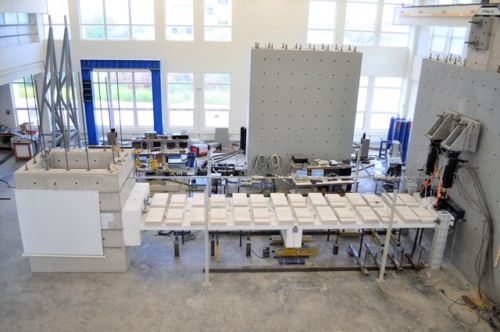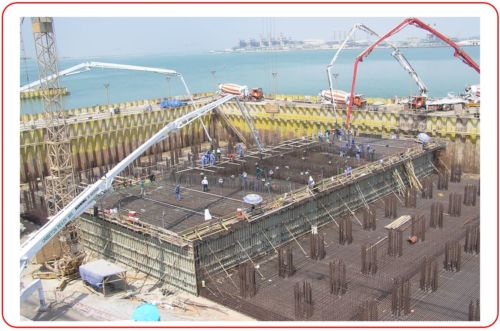|
1. Legal framework of Greek ports. 2. Port site selection. 3. Coastal hydraulics: gravity waves, surf zone, wind-generated waves. 4. Design ship and port layout. 5. Operation and failure modes of harbour structures. 6. Rubble-mound breakwaters. 7. Vertical-wall and composite breakwaters. 8. Wharves. 9. Cylindrical pylons. 10. Dredging. 11. Port environmental management. |
HARBOUR WORKS ANALYSIS AND DESIGN
| SEMESTER | 7th |
|---|---|
| eclass | https://eclass.upatras.gr/courses/CIV1562/ |
| Details | https://www.civil.upatras.gr/index.php/odhgos/ |
| Instructor | DIMAS ANATHANASIOS |
| LANGUAGE OF INSTRUCTION and EXAMINATIONS | Greek |
| Credits ECTS | 6 |
| Teaching Hours | 4 |
| Erasmus+ | ΝΟ |
| Code | CIV_0480Α |
|
Desired learning outcomes: 1. Basic principles of wave mechanics and coastal hydraulics. 2. Design guidelines of port facilities layout. 3. Failure modes and design principles of harbour works. 4. Design of breakwaters, quays and pylons.
Specific knowledge and competences: 1. Knowledge and understanding of essential facts, concepts, principles and theories relating to the action of wind waves in the coastal zone. 2. Application of such knowledge in analysis of wind data and computation of “design wave”. 3. Application of methodologies in the design of breakwaters, quays and pylons. 4. Synthesis and application of knowledge to the preliminary design of a harbour project.
|





